Home
For over 10 years, Gunela was National Coordinator of TEDICORE (Telecommunications and Disability Consumer Representation) ensuring that people with disability participated in policy and standards development to improve telecommunications accessibility. During this time she represented consumers on many bodies including the Consumer Representation Committee which established ACCAN. After assisting with the foundation of ACCAN and being on the inaugural staff team managing disability policy and research, Gunela ran GSA InfoComm. Since 2010 she has continued to support ACCAN as an individual member attending many ACCAN events and conferences. She has also undertaken several ACCAN Grants and Research projects which have led to significant policy reforms. Gunela’s commitment to inclusion and equitable access to telecommunications and technology goes back over many years of active work both nationally and internationally. While Gunela has held many auspicious roles, she continues to be involved with ACCAN member organisations including Internet Australia and Women With Disabilities Australia. Gunela is often called upon to review key international policy documents and volunteers her time to participate on international Internet committees and groups. There is no question that she has made a huge contribution to more accessible communications services here in Australia and around the world.
Ian Binnie has been an individual member of ACCAN since its inception and also one of the predecessor organisations the Consumers Telecommunications Network (CTN). Ian joined CTN soon after he retired from a long career in the telecommunications industry. He is a great supporter of consumer representation activities in the telecommunications industry.
Nan Bosler has been both an individual member and an organisational representative of ACCAN on behalf of the Australian Seniors Computer Clubs Association (ASCCA). Nan came across from the CTN Board as a founding member of the ACCAN Board 2008-2010. Nan has been a dynamic advocate in the telecommunications policy arena for seniors. Through her work as President of ASCCA she has ensured digital literacy has been high on the list of priorities for all levels of governments and the private sector.
Gerard Goggin was an inaugural ACCAN Board member appointed in 2008. Since then Gerard has been a member of the ACCAN Independent Grants Panel which assesses applications for the ACCAN grants program. Gerard has continue to provide leadership on many communications consumer issues including universal service, accessibility issues and mobile telephony. Gerard is currently Wee Kim Wee Professor of Communication Studies at Nanyang Technology University in Singapore.
Johanna Plante joined the ACCAN Board in 2010 and was then elected as Chairperson in 2011, a role she would hold for 6 years. Johanna’s term on the ACCAN Board finished in 2017 after the organisation had successfully been reviewed. During her time as Chair, ACCAN’s profile grew and industry engagement increased. Johanna has worked tirelessly to improve outcomes for consumers with disabilities particularly for Deaf and Hard of Hearing consumers. She was recently on the Minister appointed Regional Telecommunications Independent Review Committee and she worked hard to ensure the voices of rural, regional and remote consumers were heard.
Sue Salthouse AM became Chair of ACCAN following its first AGM in 2009 and she was also the chair of the ACCAN Standing Advisory Committee on Disability Issues. She was on the inaugural ACCAN Board in 2008 and completed her term at the end of 2011. Prior to that Sue worked closely with TEDICORE on many communications consumers issues. She was on the Telecommunications Consumer Representation Working Group which developed the ACCAN proposal. Sue co-ordinated the Women with Disabilities Australia (WWDA) Telecommunications Working Group and was the Chair of the Communications Alliance Disability Council. Sue has made major contributions to improving the accessibility of telecommunications for people with disabilities in Australia.
Visit Sue's ACCAN condolence page.
The supporters of No Australian Left Offline want affordable broadband. Affordable broadband is a home internet service that enables all Australians to be online regardless of their personal circumstances or where they live, without putting them into financial stress.
With all Australian government services to be available online by 2025, it’s more important than ever that there is No Australian Left Offline.
Over one million Australians will continue to have access to essential government services with affordable broadband.

The benefits of this Federal budget neutral policy

Economic benefits of affordable broadband
- Approximately $20 billion saved through move to online services
- Stronger economy: increases in average incomes of 0.85% per person
- New business & employment: up to 5400 businesses formed + an additional 3400 to 6400 self-employment opportunities in areas with high NBN rollout
- Increased tax revenue through higher economic activity, and reduced unemployment
- Reduced cost & barriers to access for households when accessing essential services, particularly for Australians in regional and remote areas
Without affordable home broadband
- 1 Million+ low-income households at risk of not switching over to NBN
- Children struggle to complete homework and keep up at school
- Young people can’t prepare for the post-school world of further training, education or employment
- Job Seekers find it difficult to get jobs and training to lift themselves and their families out of poverty
- Elderly or less mobile people find it harder to access support services and overcome social isolation
In Australia there are one million households that are at risk of not switching over to the NBN because of the cost. This limits the opportunities of these households, and threatens the underlying economics of the NBN by reducing take-up of services. Reduced take-up means lower NBN revenues and reduced capacity to provide a return to government.
How can we achieve affordable broadband?
ACCAN proposes a 50 mbps unlimited broadband service offered at a wholesale price of $20 per month by NBN Co to households receiving government financial support.
This would mean eligible households would pay approximately $30 per month for unlimited broadband – almost halving the current average cost.
We estimate that providing this concession to the 1 million + households on the lowest incomes can be Federal budget neutral, and support these households to be connected.
Downloads:
Download: ![]() No Australian Left Offline - Policy document97.5 KB
No Australian Left Offline - Policy document97.5 KB
Download: ![]() No Australian Left Offline - Policy document752.71 KB
No Australian Left Offline - Policy document752.71 KB
Download: ![]() No Australian Left Offline - Affordable Broadband for the regions102 KB
No Australian Left Offline - Affordable Broadband for the regions102 KB
Download: ![]() No Australian Left Offline - Affordable Broadband for the regions759.57 KB
No Australian Left Offline - Affordable Broadband for the regions759.57 KB
Download: ![]() No Australian Left Offline - Media release3.1 MB
No Australian Left Offline - Media release3.1 MB
Download: ![]() No Australian Left Offline - Media release982.99 KB
No Australian Left Offline - Media release982.99 KB
Download: ![]() A3 colour brochure2.2 MB
A3 colour brochure2.2 MB
Supporters of No Australian Left Offline
This email address is being protected from spambots. You need JavaScript enabled to view it.


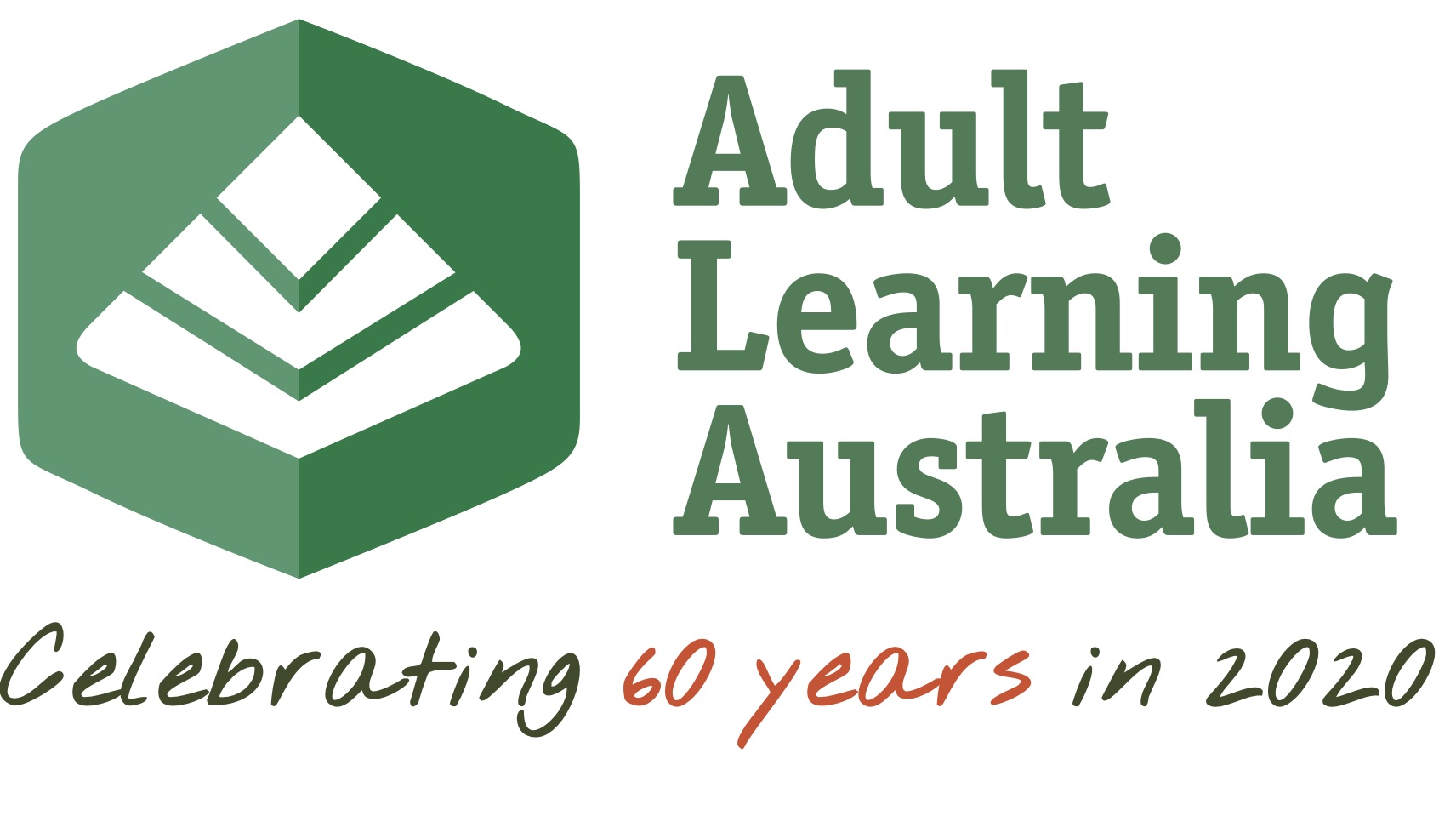
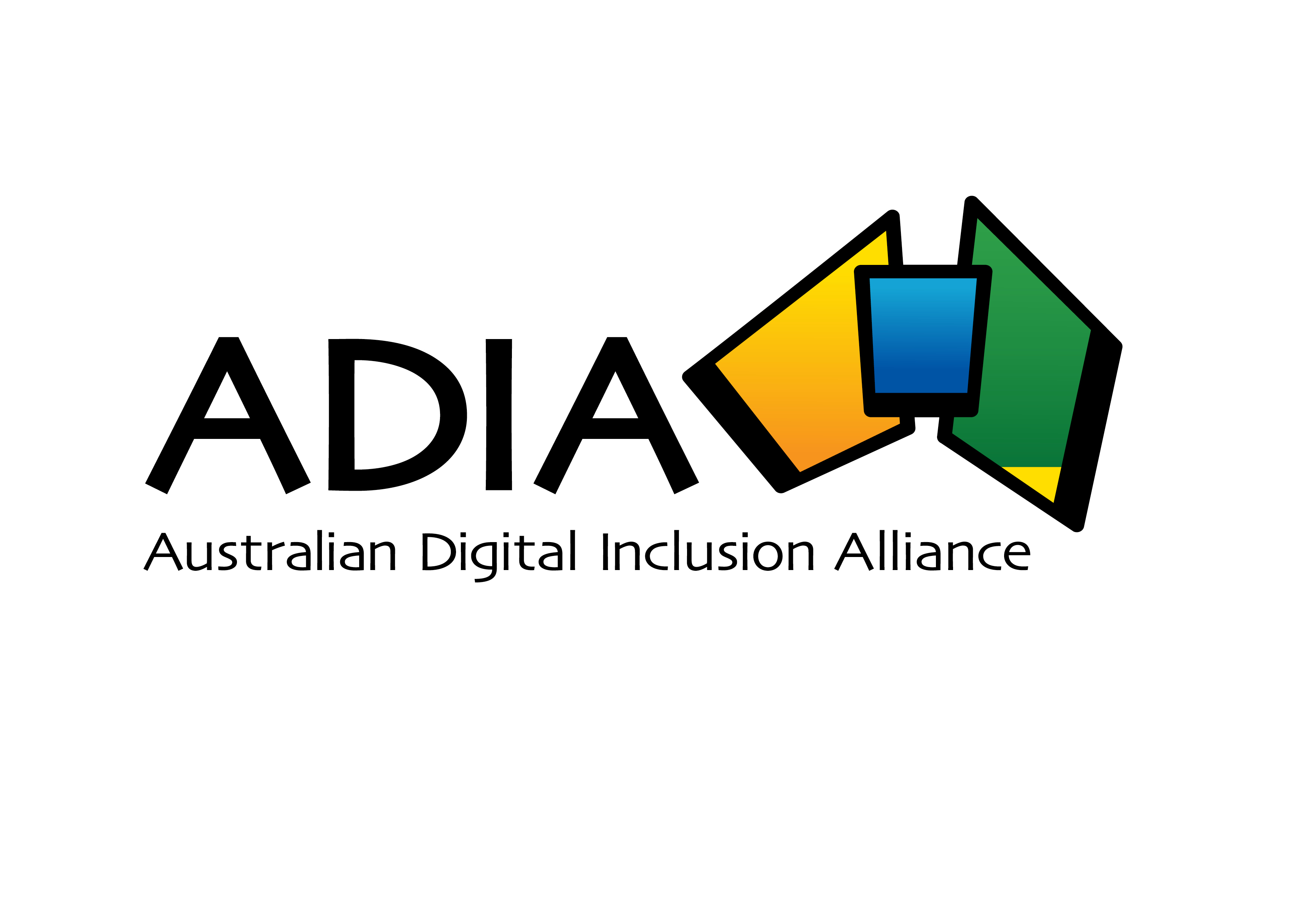
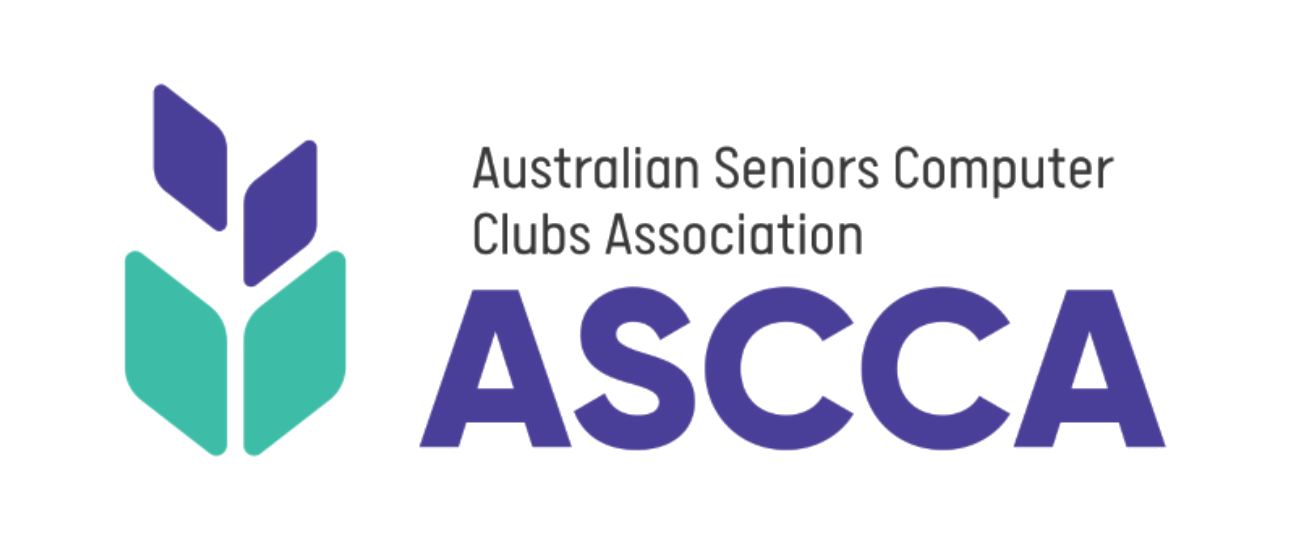

![]()
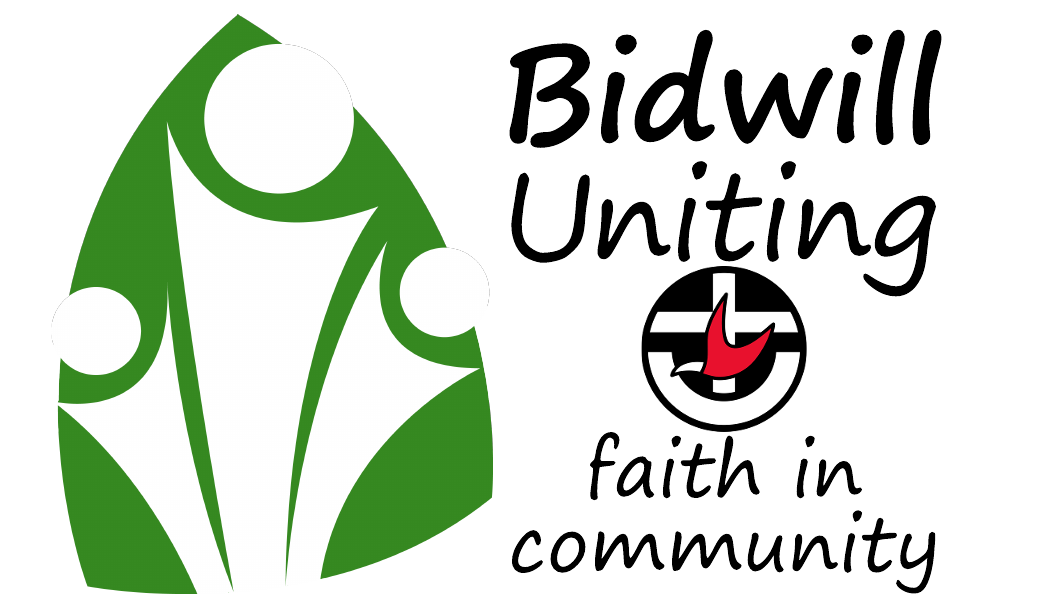
![]()
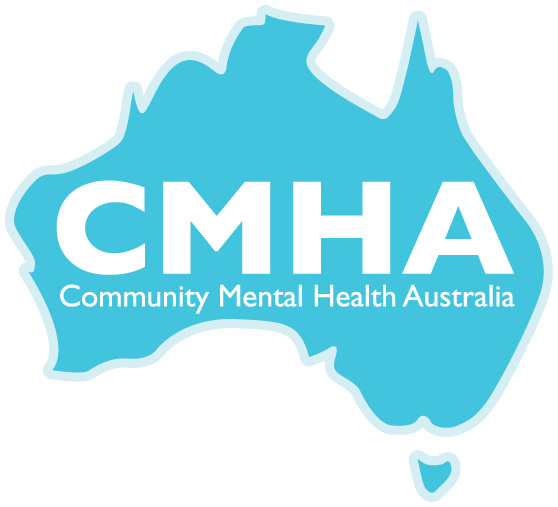
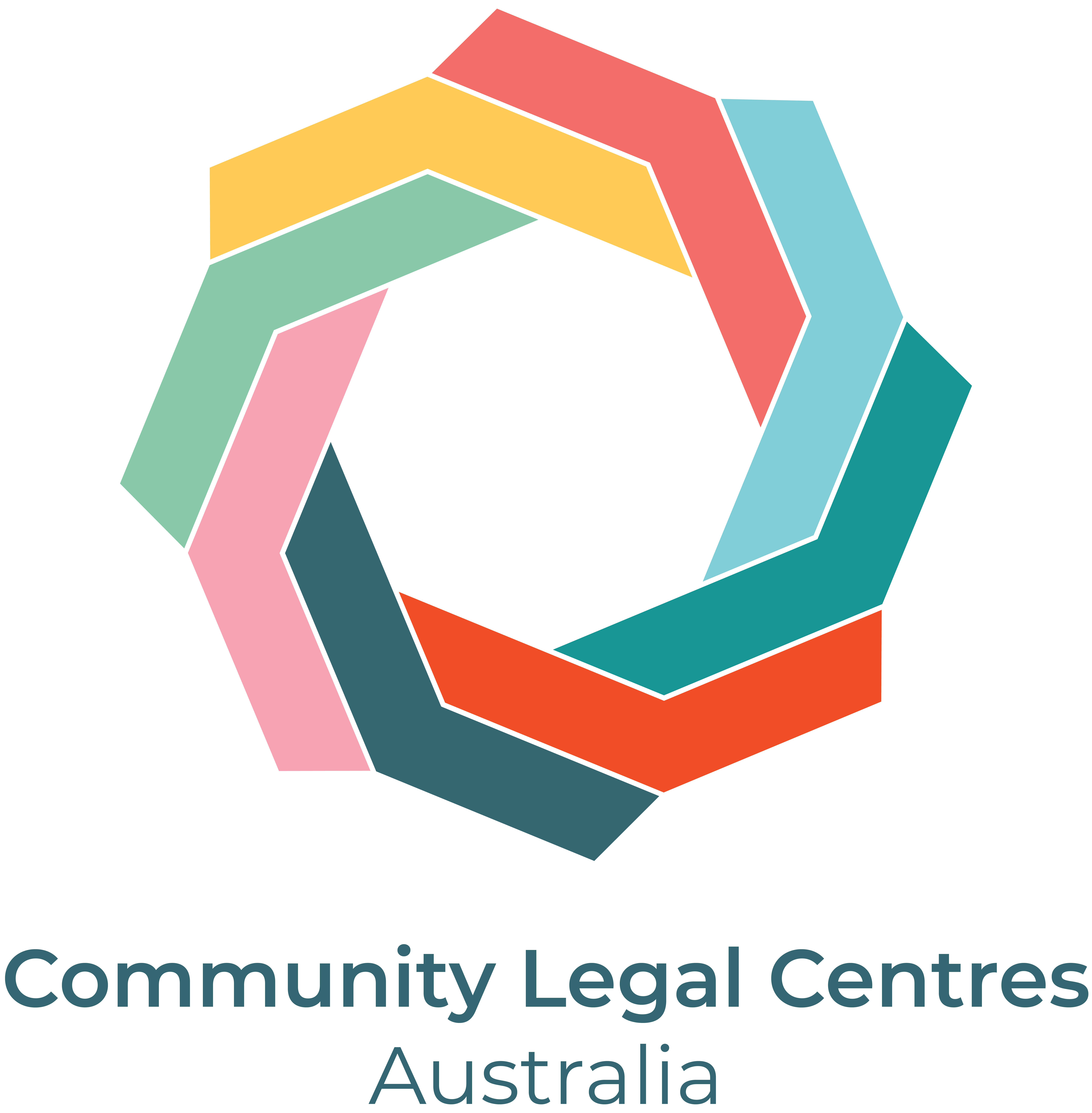
![]()
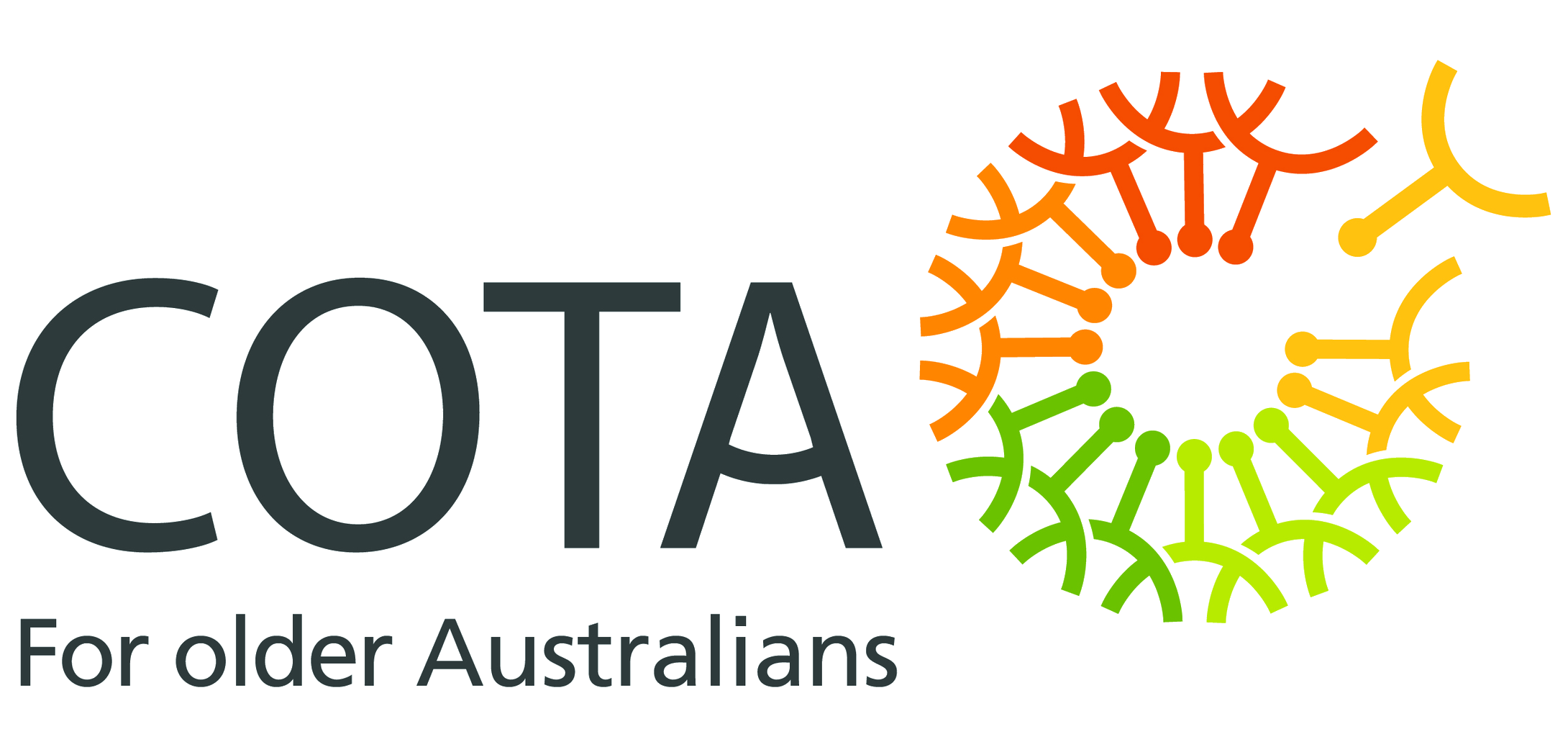



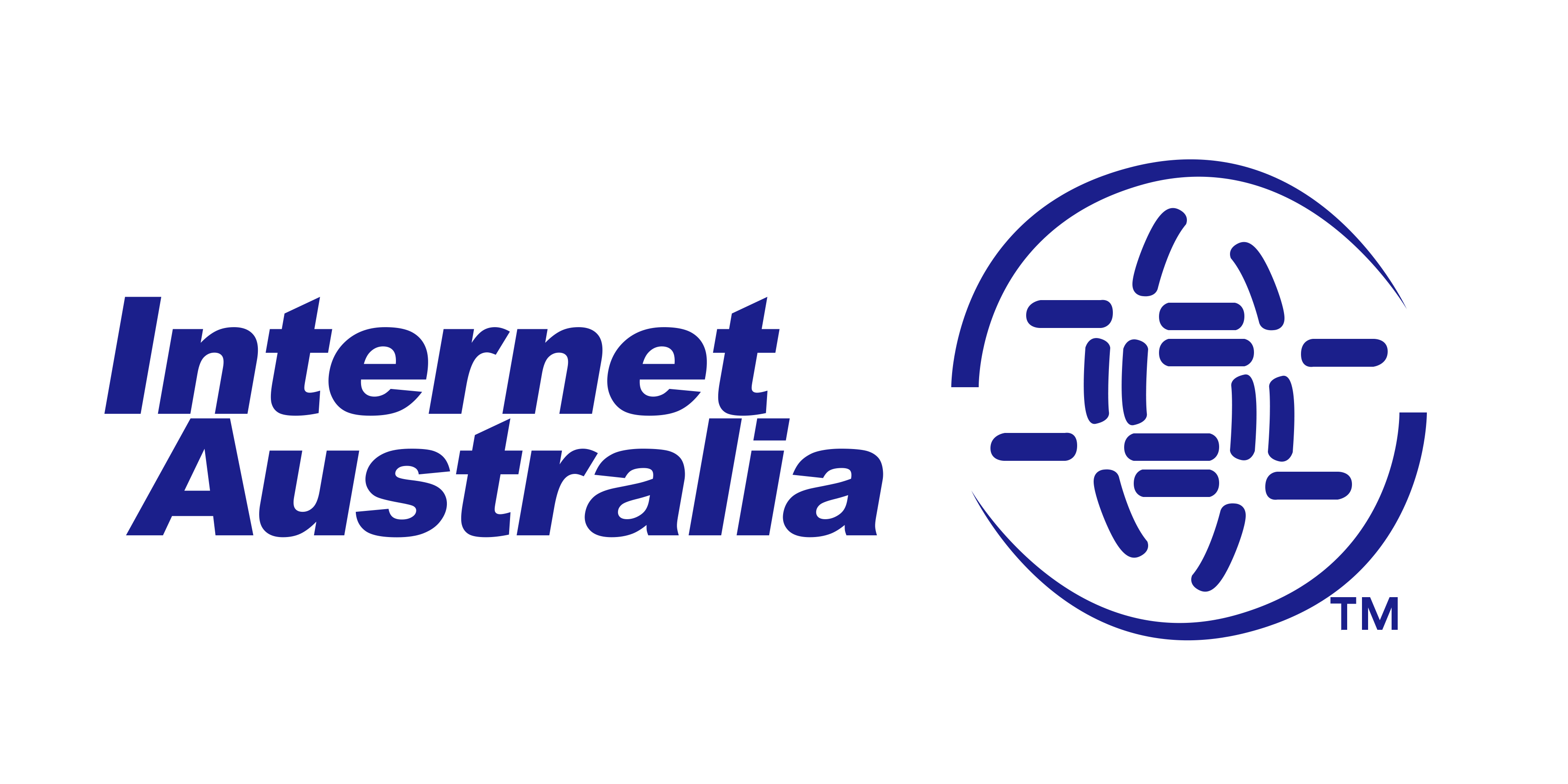

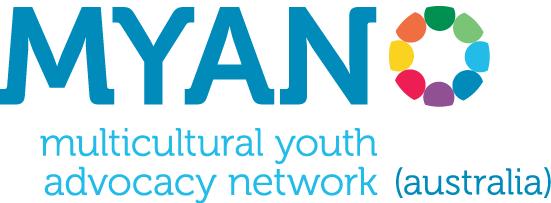


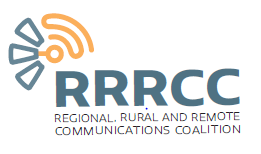
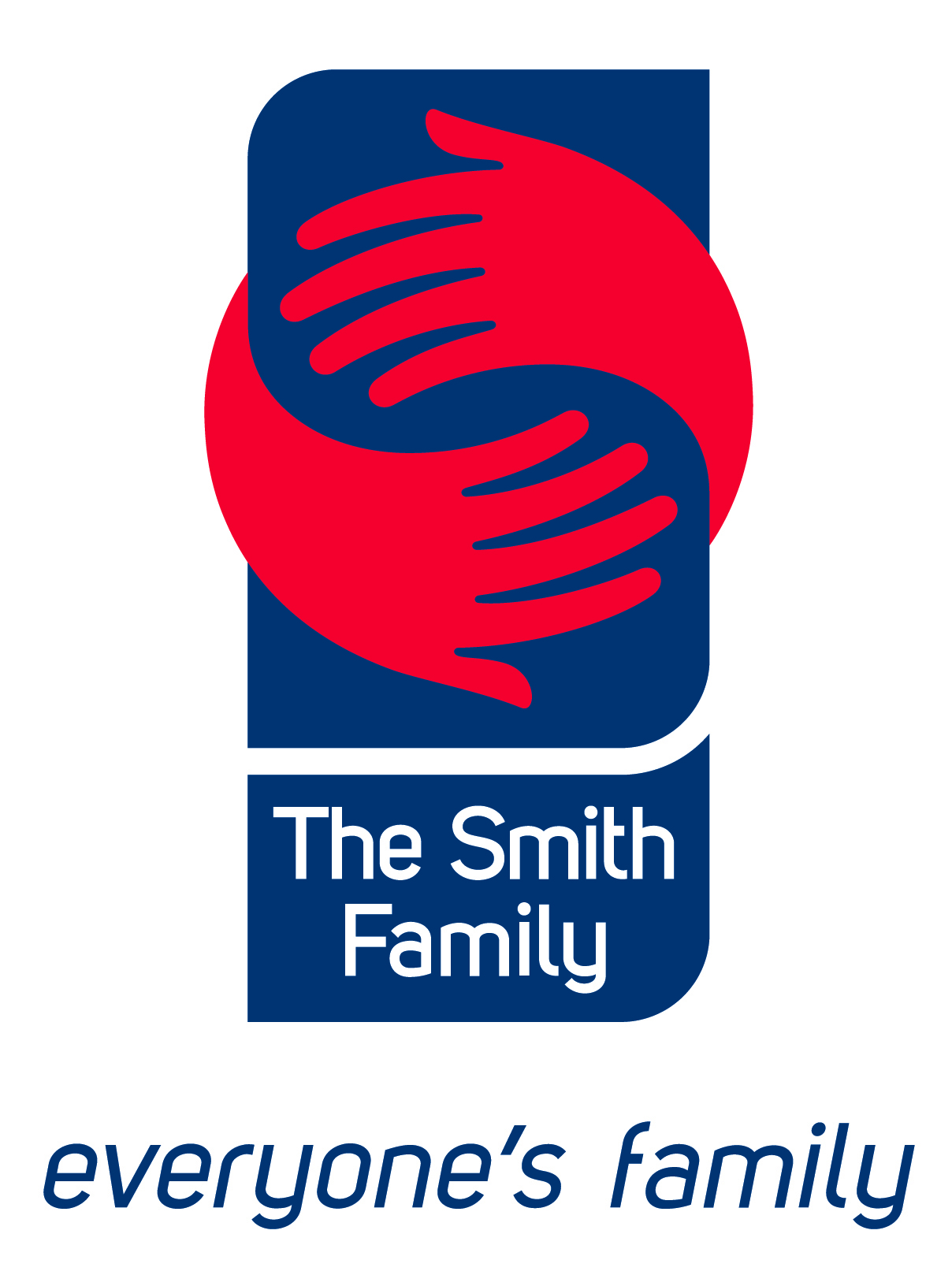
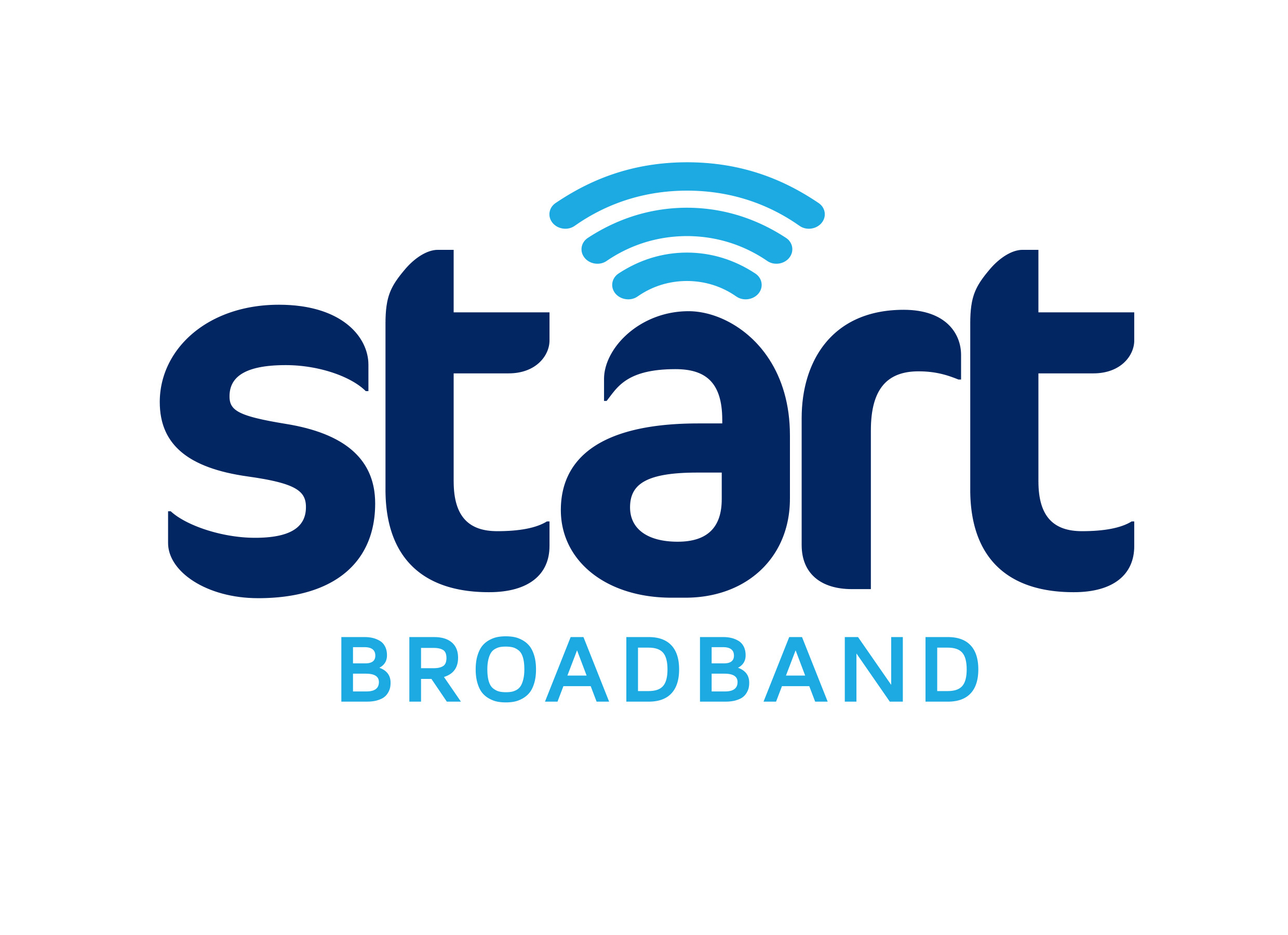





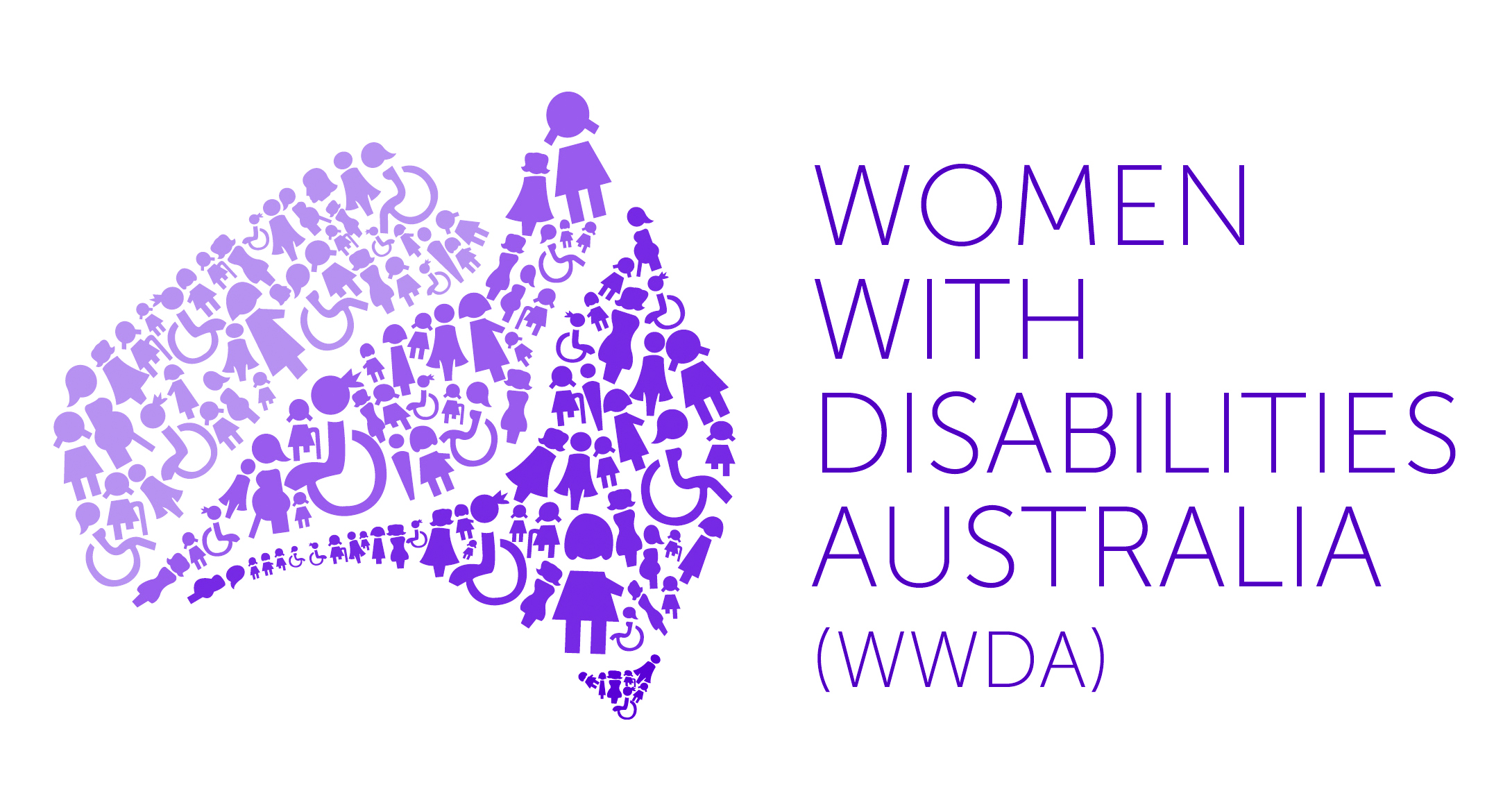

The opinion piece below was written by ACCAN CEO Carol Bennett for the Canberra Times and Australian Community Media. It was originally published on 24 March 2025.
When our phones and internet are knocked out in natural disasters - such as occurred in the recent cyclone and flooding in northern NSW and south-east Queensland – it’s not just inconvenient, it puts lives at risk. Being disconnected makes it difficult to know what is happening, seek help – or even to offer help - support others and reassure family and friends.
Read more: Communications are critical: So why is the fox in charge of the henhouse?
Write comment (0 Comments)Australians deserve communications and digital services that are affordable, reliable, and deliver on their promises. Rising costs, a lack of transparency, and inadequate consumer protections are leaving many behind. We're campaigning for a fairer communications market, where everyone can afford to stay connected and digital platforms are held accountable. It's time for real action to ensure access to essential communication services isn't a privilege, but a right.
Read more: A fairer future for communications
Write comment (0 Comments)The opinion piece below was written by ACCAN CEO Carol Bennett for The Canberra Times and Australian Community Media. It was originally published on 29 January 2025.
One of the most important bills to come before the Federal Parliament prior to the looming election will be a proposed framework for preventing scams.
Ahead of the parliamentary debate there seems a lot of discussion about ensuring there are adequate protections - but for who?
Read more: New anti-scam laws are a rip off, unless you're a bank or big business
Write comment (0 Comments)



